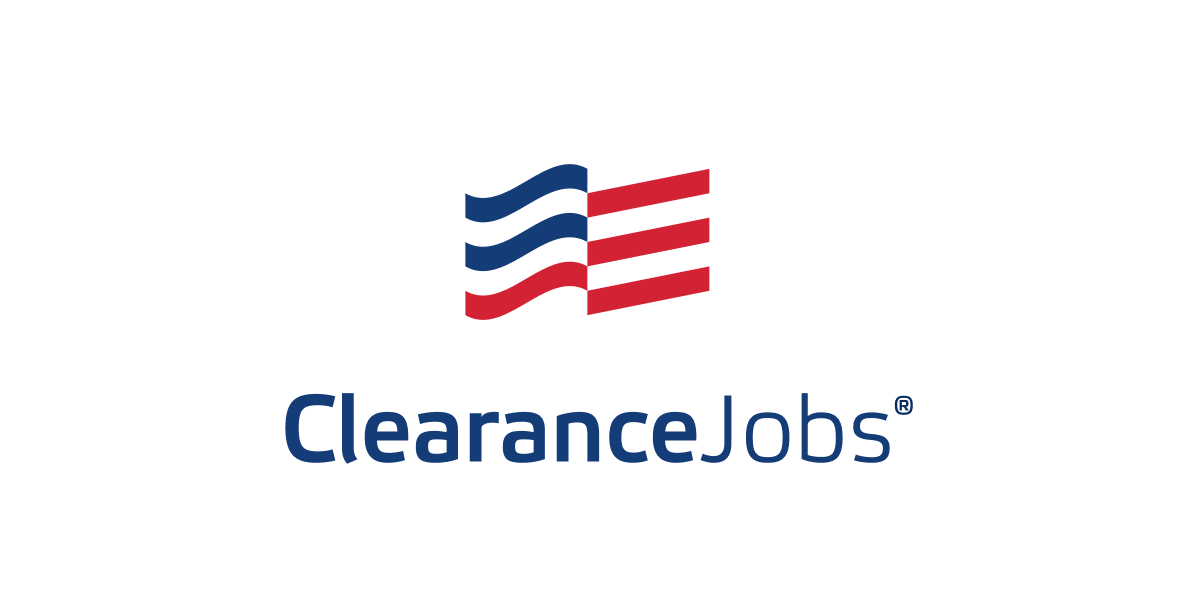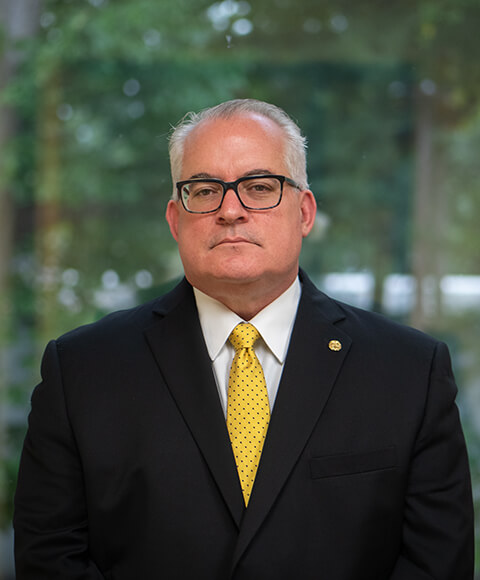WASHINGTON, DC (ClearanceJobs) — The United States Department of Justice (DoJ) launched an investigation this month into a series of business practices that led to the awarding of a lucrative military contract. Such investigations aren’t exactly common, but what makes this one particularly unique is that DOJ’s corruption probe is being directed at the government of Brazil, and what led to its selecting the Saab JAS 39 Gripen fighter aircraft over the Boeing F/A-18E/F Super Hornet and Dassault Rafale.
It has been nearly a decade since Brasilia opted for the Swedish-made fighter over the American and French offerings, but questions have been raised about whether everything was conducted above board.
This is actually the third governmental legal review into Brazil’s selection process – and follows separate investigations launched in 2015 and 2015 by Brazilian prosecutors as well as another carried out by Swedish authorities. The DoJ is reviewing the $5.4 billion deal that was concluded during the presidential administration of Luiz Inácio Lula da Silva, who has since been convicted on a variety of charges of money laundering and corruption.
The Foreign Corrupt Practices Act:
The DoJ’s authority to probe the affairs conducted by Brazil is based on the Foreign Corrupt Practices Act of 1977 (FCPA), which allows the U.S. Justice Department to investigate possible violations even for those outside of the United States – including those involved in corruption and bribery that may involve American firms or subsidiaries.
The FCPA is a federal law that essentially aims to prohibit U.S. citizens and entities from bribing foreign government officials so as to benefit their business interests. It is applicable worldwide and extends specifically to publicly traded companies – as well as their personnel. Amendments made in 1998 extend the law to foreign firms and persons who may have helped facilitate or carry out corrupt payments within U.S. territory.
“The law is meant to ensure we have a fair and competitive environment for our businesses to work,” explained Robert A. Sanders, Captain, JAG Corps, U.S. Navy (Retired) and distinguished lecturer of national security in the Henry C. Lee College of Criminal Justice and Forensic Sciences at the University of New Haven.
“We want a fair competitive environment for our businesses to work, and that is why we have a Department of Commerce,” Sanders told ClearanceJobs. “We want everything to remain on that fair and level playing field, but that isn’t possible when entities will give favors or brides to win favors or contracts.”





